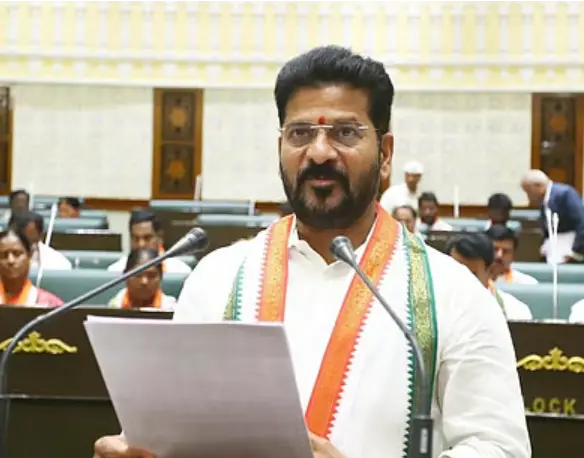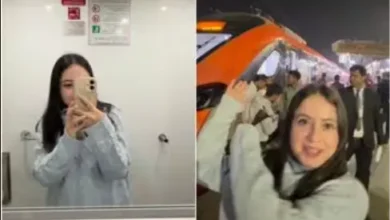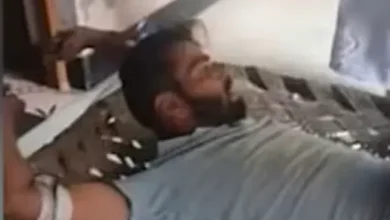Supreme Court Rejects Telangana’s appeal against HC’s order on 42% Backward Class Quota for Local Elections

The Supreme Court of India dismissed the Telangana Government’s appeal against the High Court’s order staying the implementation of the 42% Backward Class Quota for local body elections. The Supreme Court of India’s ruling upholds an interim stay that was imposed on the Telangana High Court in October 2025.
The State appealed against the High Court’s interim order. A bench consisting of Justices Vikram Mehta and Sandeep Nath rejected it. This dismissal ensures that the controversial order of the government providing a 42% Backward Class Quota for local bodies will remain suspended until further High Court proceedings.
While hearing several petitions against the State Government order of September 26, 2025, the Telangana High Court issued an interim stay. The High Court ordered the State Government to submit its detailed response in four weeks. It also scheduled the matter for a further hearing.
The petitioners argued before the High Court that a 42% quota for the Backward Class would increase the reservation total in the local authorities to 67%. This is significantly higher than the Supreme Court’s precedents of 50%. They argued that the order of the government is unconstitutional because it breaches the constitution’s limit.
This controversy is centered around Telangana’s Government decision to raise the reservation percentage for the Backward Class from its existing percentage of 42% during local elections. The critics argue that a 42% Backward Class reservation quota is a violation of established legal principles on reservations.
Legal experts and political analysts have been arguing over the 42% Backward Class Quota. Supporters argue that it corrects historical injustices and provides adequate representation of the Backward Class in local government, while opponents claim that exceeding the reservation limit of 50% undermines constitutional principles.
After the Supreme Court dismissed Telangana’s appeal, the High Court continues to review the implementation of the 42% Backward Class Quota. The High Court will hear arguments on both sides before deciding whether or not the reservation increase can be legalized.
The legal dispute over Telangana’s 42% Backward Class Quota has delayed the local body elections. The State Election Commission has yet to announce the schedule of elections until it receives clarification on reservation percentages.
Experts in law note that the case may set a precedent important for states to consider similar increases of Backward Class quotas when local elections are being considered. This case will influence reservation policies throughout the country.
The Supreme Court of India was Established under Article 124 of India’s Constitution. The Supreme Court of India has the highest level of judicial authority. The Supreme Court of India is the highest in the country, established under Article 124 of the Constitution. It ensures justice for all citizens and protects their fundamental rights.





